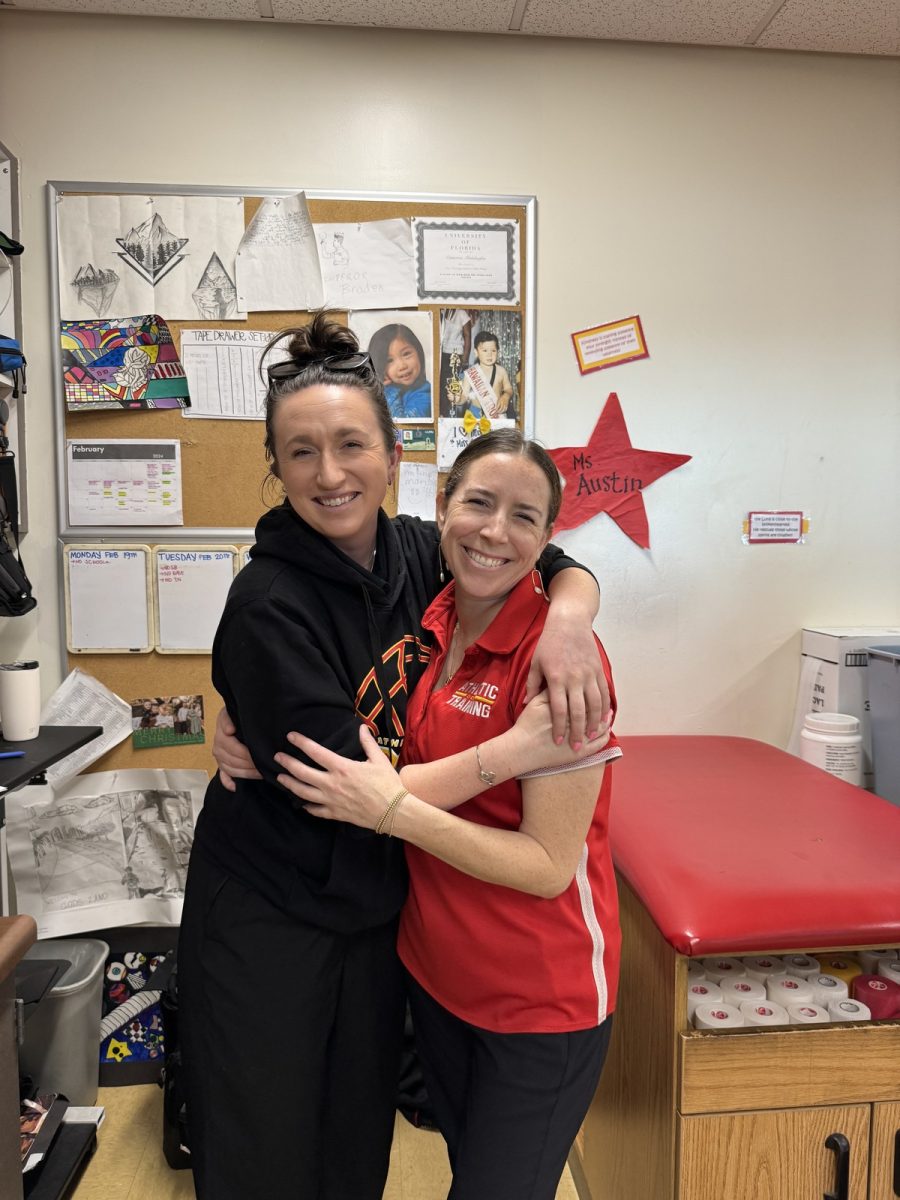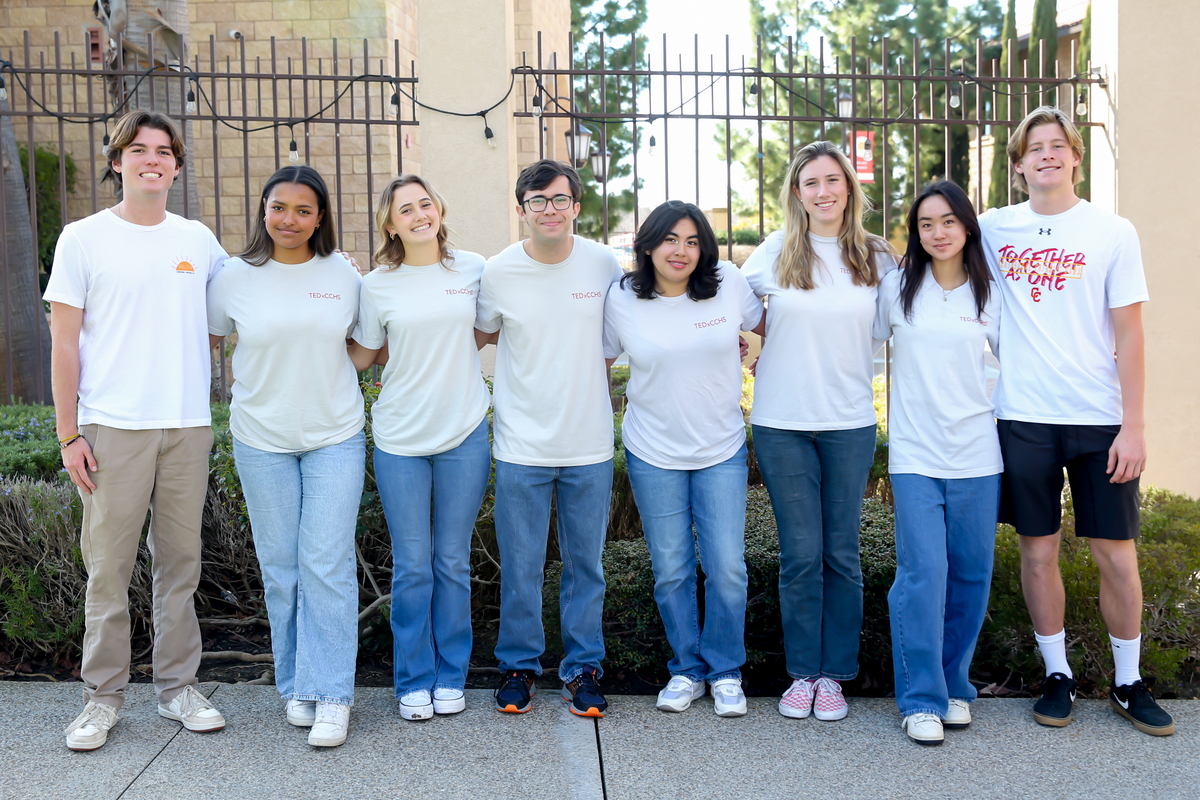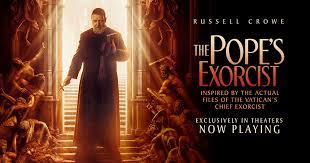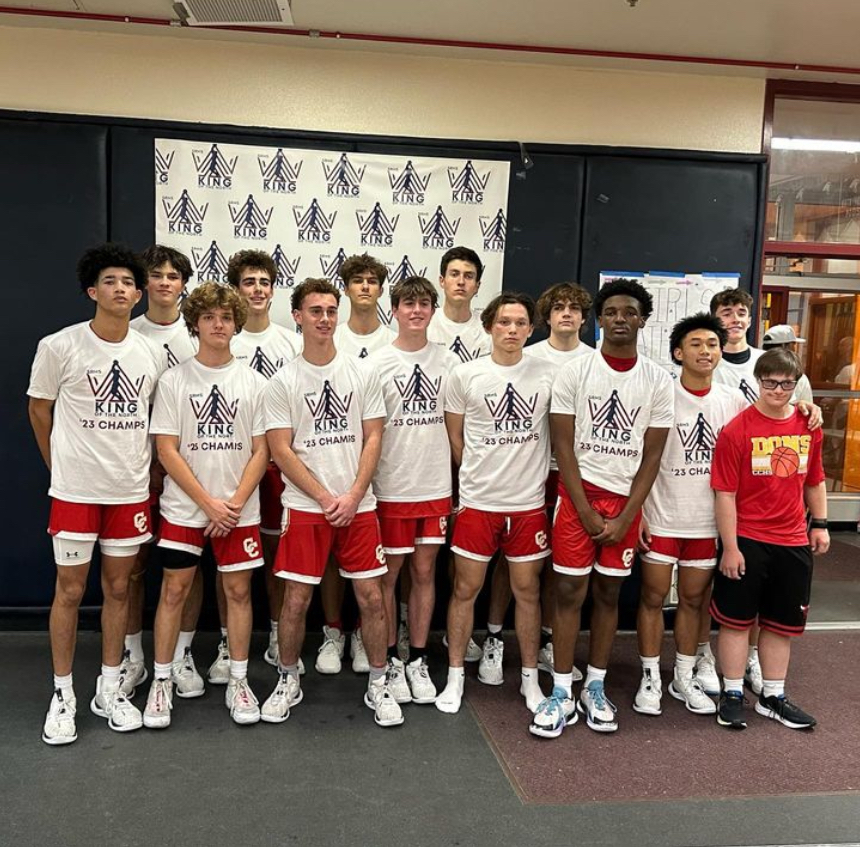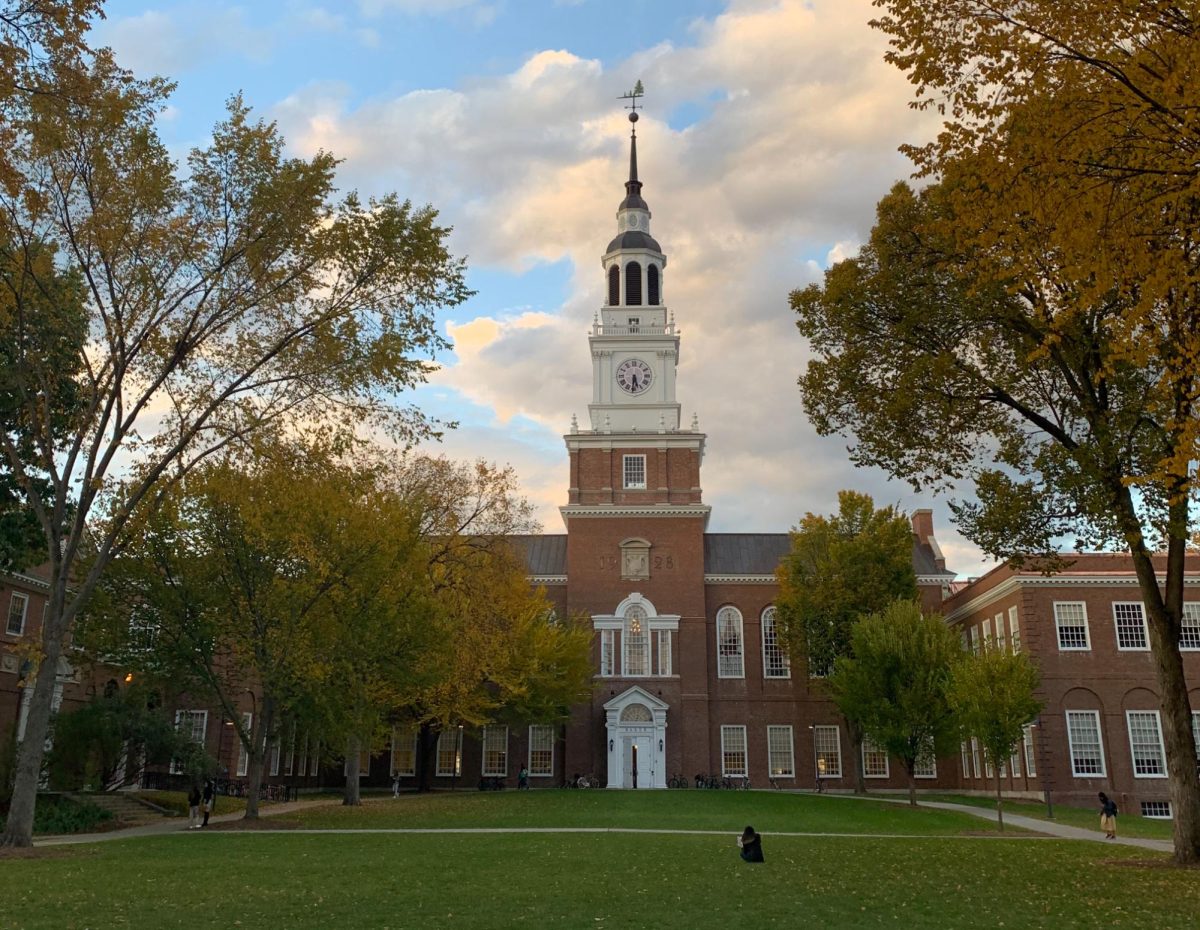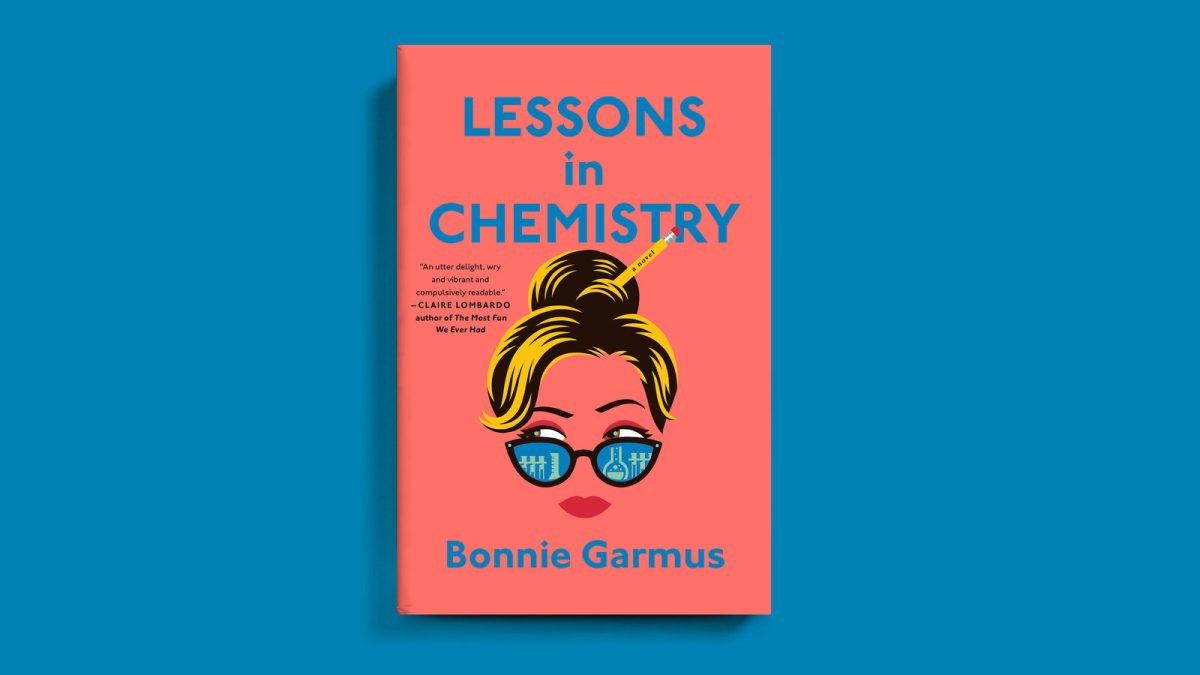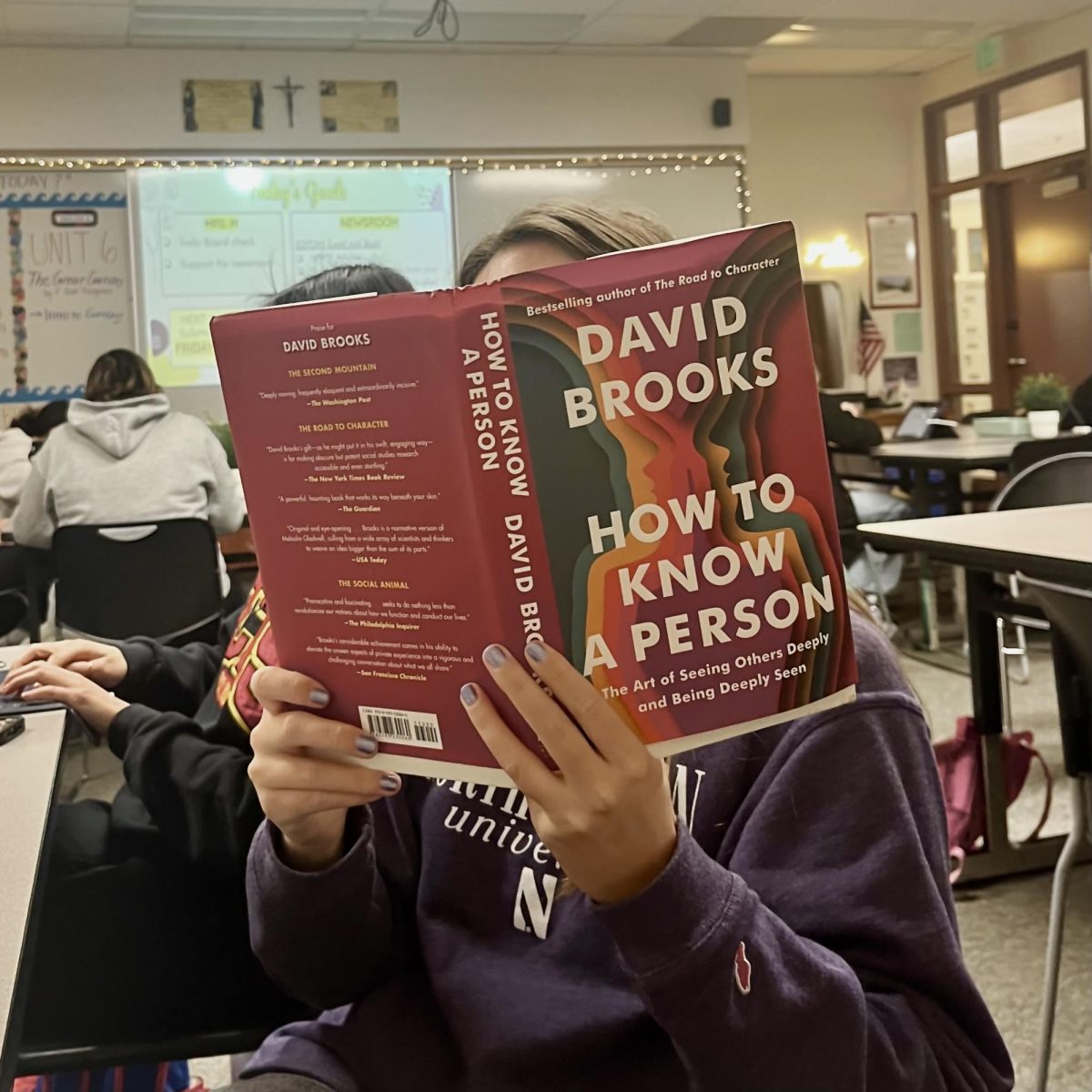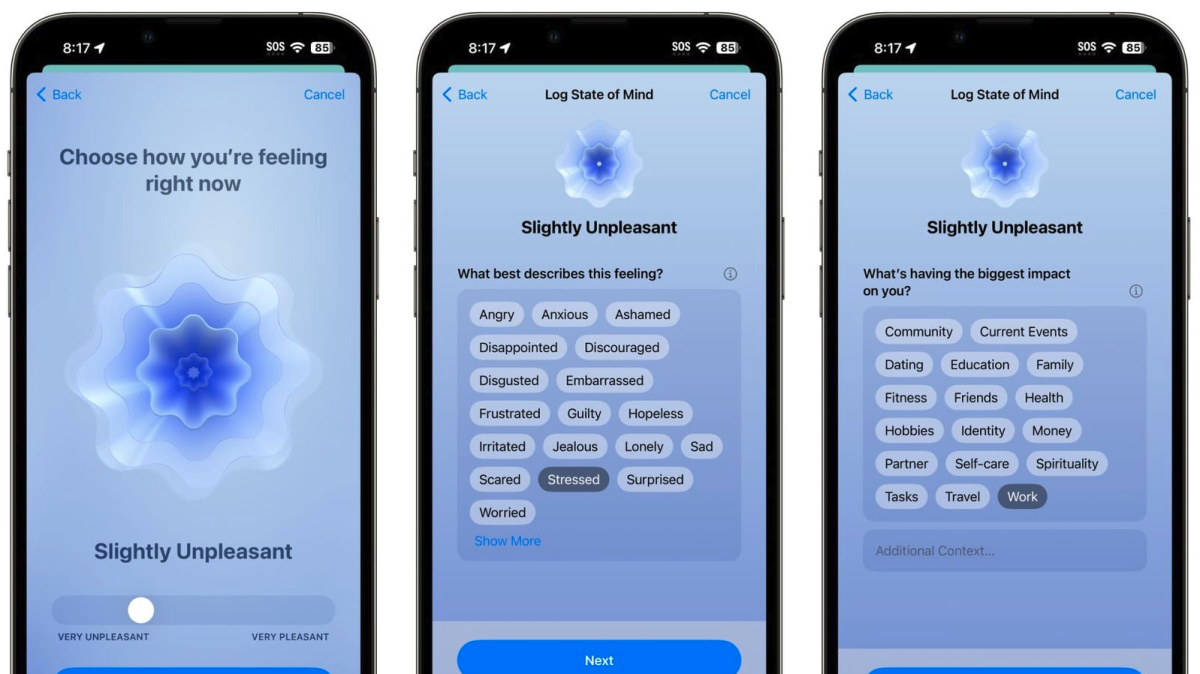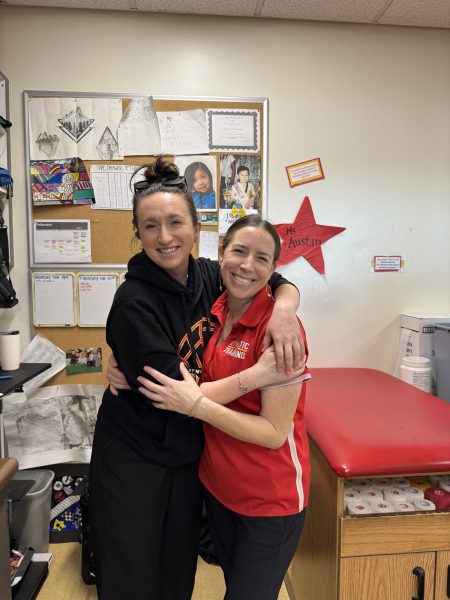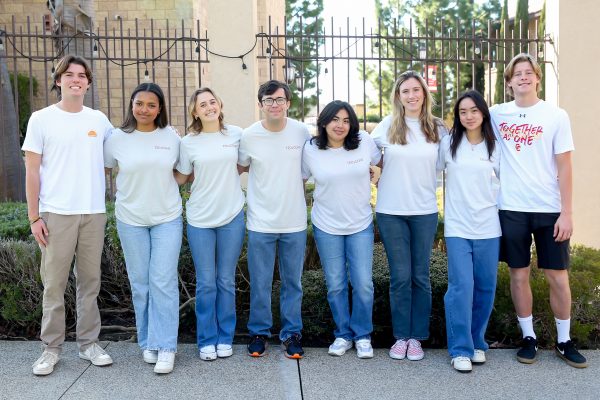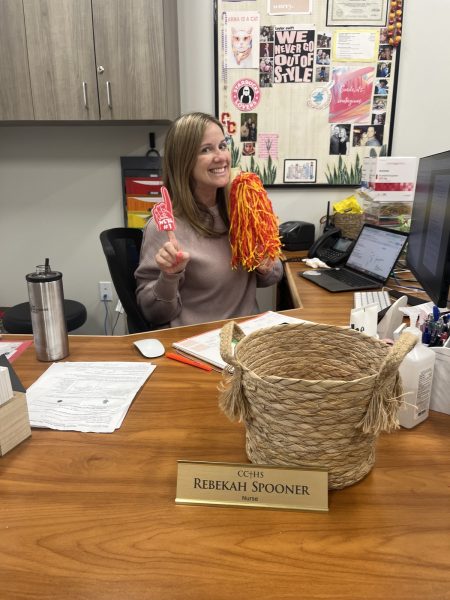Preparing for upcoming AP exams? Read this.
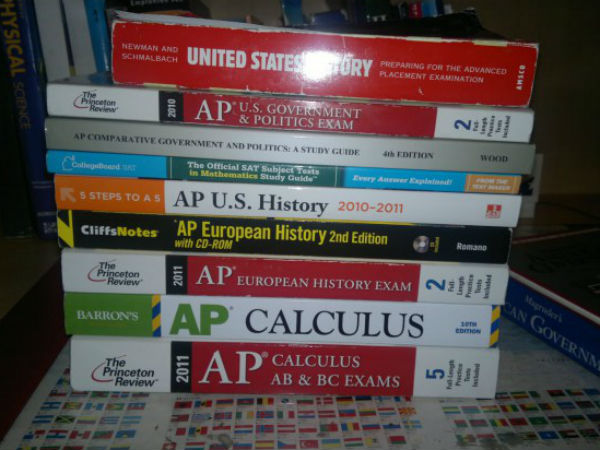
April 29, 2015
Though it is simple to just sign up for an advanced placement class, taking the class and ultimately succeeding on the exam is not as easy. Students often underestimate just how time-consuming class is and how much time must be invested into preparing for the exam. Although the AP grades are weighted and demonstrate to colleges that a student is pushing his or her limits by taking challenging courses, the factor that shows a student’s ability to master the material taught during the school year is scoring a 4 or 5 on the AP exam.
AP Psychology teacher Mr. Frank Caro stresses the importance of preparing consistently throughout the entire year rather than cramming the day before the exam. Mr. Caro says, “The night before, in terms of test prep, do your best preparing, but don’t over study the day before. Don’t cram. You won’t do yourself any favors. If you over-study the night before and you don’t sleep, you might not do your best. Have a good night’s rest and a good breakfast. Basic things play a big role.”
Junior AP Psychology student, Arcelita Martin, understands how crucial it is to get a goodnight of sleep and to eat a healthy breakfast the morning of the exam. However, Arcelia is still worried about test day, mainly because of the year’s worth of information she is required to remember. “I think students taking the exam, including myself, are most worried about being able to apply concepts from across chapters. Since psychology is the study of people, often there are many layers to understand. I hope I can remember all the material I have learned in order to perform my best.”
Similar to Mr. Caro, AP U.S. History teacher Mr. Don De Angelo expresses what he feels is most important when preparing for the AP U.S. History exam. According to him, “Studying piecemeal and reviewing information a little bit at a time is the best way to prepare for a test.”
What Mr. Deangelo calls “nodding exercises” help the students to determine whether or not they recall the information taught earlier in the year. He says, “It’s really up to the person [the effort they put into studying], but the AP U.S. History class is doing well because we get through the curriculum before spring break so we have an entire month to prepare.”
One of Mr. De Angelo’s students, junior Megan Lowrie, admits that the time constraint of the exam will be challenging; however, Megan also said that with Mr. De Angelo’s help throughout the course of the year, reviewing will not be as difficult. Junior AP U.S. History student Erin Kelly said, “We have taken mock AP tests [throughout the year], and Mr. Deangelo has outlined what pages we should be reading in our summer book [to prepare for] the test day.”
Unlike Mr. De Angelo’s AP U.S. History class, Mrs. Colleen Krivacek’s AP Biology class is still in the process of learning. With a few more chapters to go, and a total of fifty to cover, the students have already started to feel the pressure as they continue to learn new material and review previous chapters.
Junior AP Biology student Devany Harrell said, “I am worried that we will encounter an essay question and have no idea what it’s about. AP Bio is a huge body of information and it’s really impossible to know all the material. That’s the scariest thing to think about, because with around four essays and many parts to each essay, you’re bound to run into one you don’t know.”
The stress during the month of May is substantial for many AP test takers. But with good teachers, consistent review, and a confident mindset, students should feel prepared to take the exam with information and skill they have attained throughout the school year.


